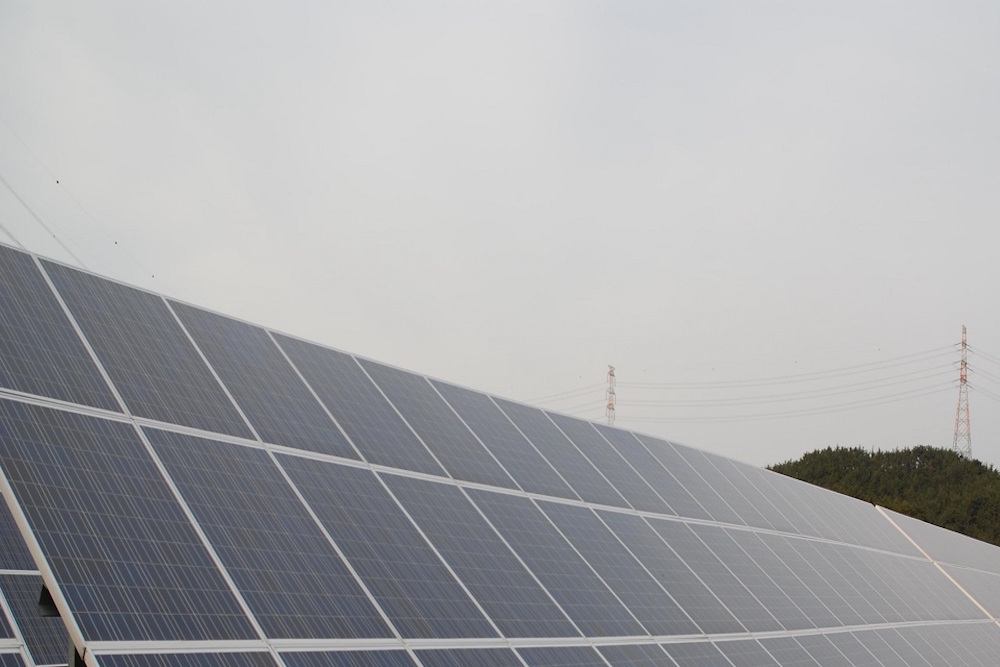State Sen. Debbie Lesko (R-Peoria) said the only real surprise she noticed in a recent study of how much net-metering costs non-solar customers was just how high that cost turned out to be.
"The large size of the $36 million cost shift to non-solar utility customers was a surprise to me," Lesko recently told Arizona Business Daily. "Although I knew about the cost shift, I did not realize how large the cost shift was."
The study, recently released by the Washington-based Americans for Tax Reform, an organization that opposes all tax increases as a matter of principle, said that Nevada’s net-metering program shifts $36 million at year in costs to non-solar customers. The study also found the program increases the state's total energy costs while having no impact on emissions or health.
Conducted by request of the Nevada Legislative Committee on Energy, the study looked into what, if any, benefits Nevada’s net-metering program produces for the state and its residents. The study was designed to focus on cost-effectiveness of Nevada's net-metering program and what impact if has on ratepayers.
It revealed Nevada’s net-metering program produces many costs but no benefit for the state and residents.
The study's results for Nevada have obvious implications for Arizona, where a long-running debate over net-metering remains unresolved. Earlier this year, Arizona's Republican Gov. Doug Ducey, his chief of staff and other legislative leaders stepped between proponents to what would have been dueling ballot measures over solar power in the state.
A three-year battle -- mostly of words -- between the state’s electric utilities and its distributed solar industry produced one ballot measure that would have constitutionally protected the retail rate of net energy metering until 2022; and two rival ballot measures favored by state legislators that would have protected the authority of industry regulators’ to set net-metering rates.
Last spring, Lesko told Arizona Business Daily that the solar industry's ballot was just awful.
“I want to protect the majority of utility customers who cannot afford to buy or lease panels, or choose not to, or people living in apartments," Lesko was quoted as saying in a story published May 24. "The majority of people do not have rooftop panels and it’s absolutely greedy of Solar City to try and lock a preferred rate, with the added cost to everybody else."
The governor's intervention caused all sides to back down and enter into less public negotiations and mediation. However, mediation was suspended in June, according to an Associated Press report, and the debate continues to simmer.
Net-metering amounts to a tax on non-solar consumers, Lesko said.
"It is important that utility consumers that do not have rooftop solar realize that they are subsidizing those that do," she said. "Rooftop solar consumers should be given a fair price for generating energy, but not a price that hurts other utility consumers."
Lesko also had recommendations for energy consumers in Arizona, in light of the Americans for Tax Reform study.
"It is important to continue educating consumers that their neighbor’s rooftop solar system increases their own utility bill even though they themselves don’t have solar," she said. "Once consumers realize this, they will contact their utility regulators and ask for a fairer rate system."
However, Lesko didn't cast any shade on rooftop solar consumers.
"Rooftop solar consumers are not to blame," she said. "It is the rate structure authorized by utility regulators that has led to this unfair system."

